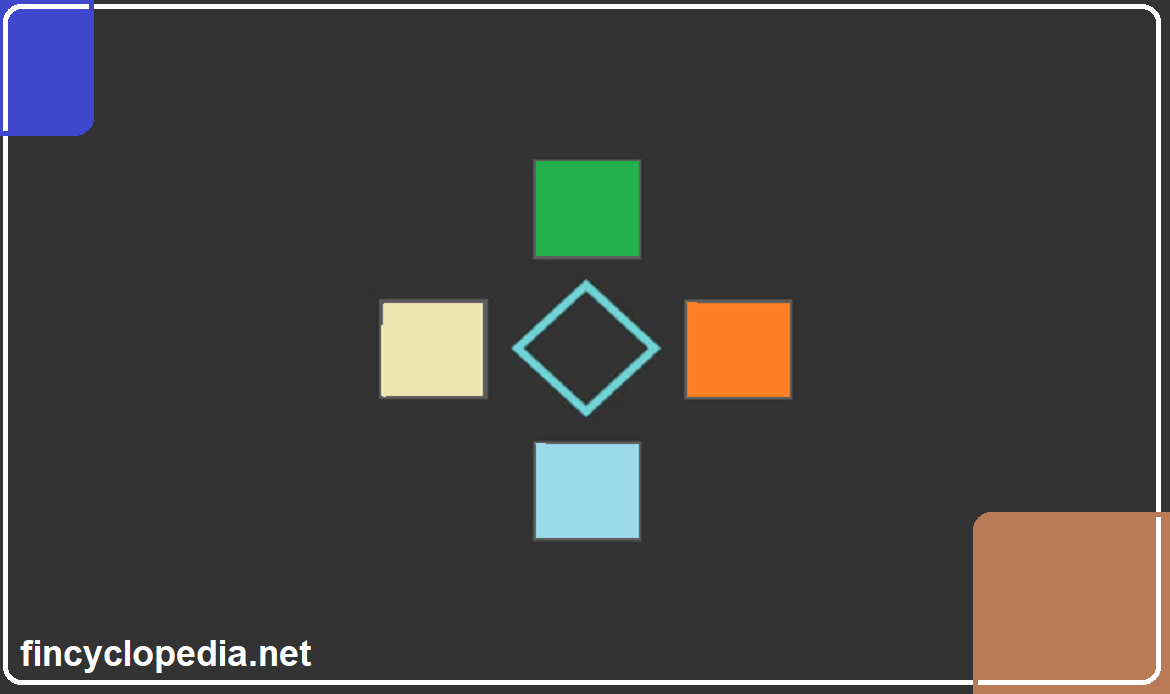Ijarah is a commutative contract that entails the transfer of the right to the usufruct (manfa’ah) or benefit of a property/ asset in return for a specified consideration (ujrah or ajr), usually for a specified duration. Ijarah is permissible based on multiple sources: Qur’an, sunnah, ijma’a (scholarly consensus), and common sense. According to the majority of fuqaha (jumhur), an ijarah contract hinges on three general elements (arkan): the wording (sighah), contracting parties, and subject matter of the contact.
- The wording (sighah): it is based on offer and acceptance. This involves the expression of the two contracting parties’ desire, often in verbal form (or any customarily acceptable means of conveying willingness), and by way of an offer by the property/asset owner, and an acceptance from the part of the lessee.
- Contracting parties: they are the owner of the property or asset (formally called the lessor or mu’ajjir in Arabic), and the party who uses the property/asset, i.e., consumes its usufruct (formally known as the lessee or musta’ajer in Arabic). To enter into an ijarah contract, both parties should enjoy the legal capacity in addition to sound mind and judgment. Ijarah can be valid only if its parties are competent and qualified to dispose of what they own. Also, the mutual consent of both parties is particularly vital for a valid ijarah contract. For the purpose of enforceability, the party to whom the offer is made should have the authority to act in order to consummate the contract.
- Subject matter of the contract: this includes both the rental amount and the usufruct of the property/asset. The property/asset, itself, cannot be viewed as subject matter because it is actually a source of usufruct (the real subject matter). The usufruct should be well-defined in such a way as to remove jahalah (lack of knowledge) which may lead to dispute between the parties. Jahalah which leads to dispute, according to jumhur, renders the contract invalid. On the other hand, rent or ijarah consideration should be clearly specified and known. If the lessee has consumed the usufruct while the rent remains unspecified, he will be liable for the value of a similar usufruct.







